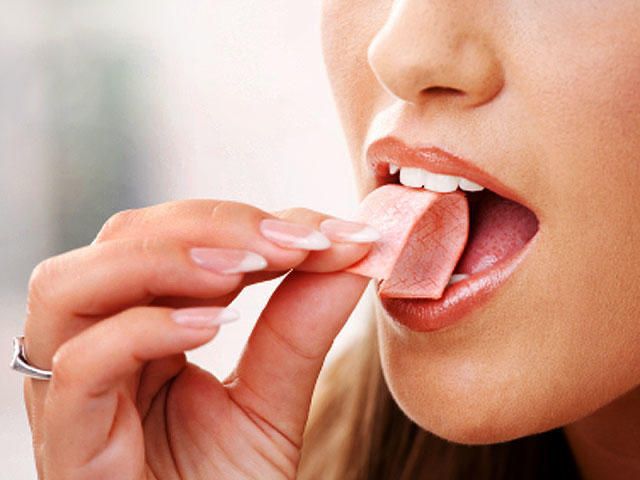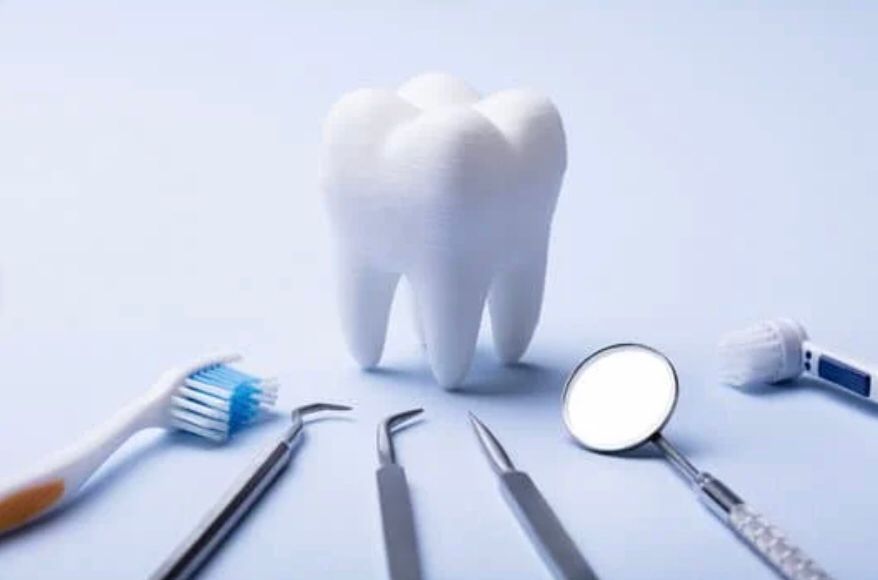Chewing gum is a soft and rubbery candy that’s designed to be chewed but not swallowed.
Recipes can vary among brands, but all chewing gums have the basic ingredients such as gum, resin, filler, preservatives, softeners, sweeteners, and flavorings.
Chewing gum can help prevent tooth decay, as long as you choose sugarless gum. Chewing gum causes your mouth to produce more saliva, which helps neutralize and rinse away some of the acids that forms in your mouth when you break down food. So if you chew gum after meal, you may be helping to protect your teeth and promote oral health. Also, the minerals generated by the extra saliva can help strengthen your tooth enamel, which also reduces your risk of a dental cavity.
Chewing spearmint or peppermint flavored gum not only makes your breath taste and smell fresh, but it also reduces bad breath in the long run.
Despite its many benefits, chewing gum is not without its disadvantage. Here’s a look at some common debilitating effects of chewing gum:
- Tooth decay – The sugar from chewing gum coats your teeth and gradually damages the tooth enamel, especially if you don’t clean your teeth immediately afterward. Use chewing gum brands that contain little or no sugar to minimize these effect
- Temporomandibular joint disorder (TMJ) – Especially if you chew on one side of the mouth more than the other. It also can lead to toothaches and headaches.
- Mercury release from dental filling – If you have amalgam fillings that contain mercury as one of their ingredients, chewing gum could cause the release of the mercury into your body.
If you can’t avoid chewing gum, however, it’s advisable only to chew sugarless gum made with Xylitol and be conscious about which side you’re using to chew. In Smileway Dental Clinic USJ and Smileway Dental Clinic Setapak, we take care of your smile because we believe in “Creating Smiles That Matters” in your life. Take care everyone. To know more about your teeth, do not hesitate to contact us and get an appointment for a consultation.






